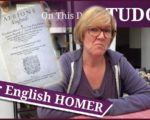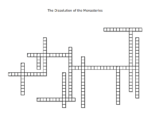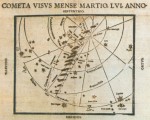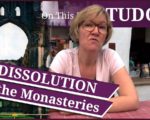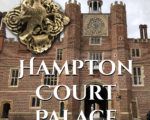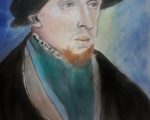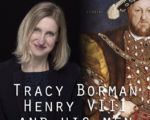John Donne was born in 1572. His exact birth date is not known but is estimated to be between 24th January and 19th of June. He is remembered for his emotive poetry, religious writings and his skill as an orator.
John Donne was born a Roman Catholic and was a direct descendent of Sir Thomas More’s sister. His mother was the niece of Thomas More and the youngest daughter of John Heywood, a playwright. His father was a prosperous merchant with Welsh ancestry who died when Donne was four years old. His mother remarried Dr John Syminges, who became stepfather to Donne and his siblings. Donne was an exceptionally well educated young man, attending Oxford University at the age of eleven in 1583, where he resided and studied for three years. He later attended Cambridge University where he continued further study. However, due to his Catholicism, he could not obtain a degree, as the religion was illegal under Elizabeth I. Donne also refused to swear the oath of allegiance to Elizabeth, which was also needed to graduate. Following his time at Cambridge, Donne was accepted into the Thavie’s Inn Legal School where he began the study of law. During this time, his brother Henry was arrested for harbouring a Catholic priest, and he died of the Bubonic Plague while in prison. It is thought that this event resulted in Donne questioning his faith.
[Read More...]
